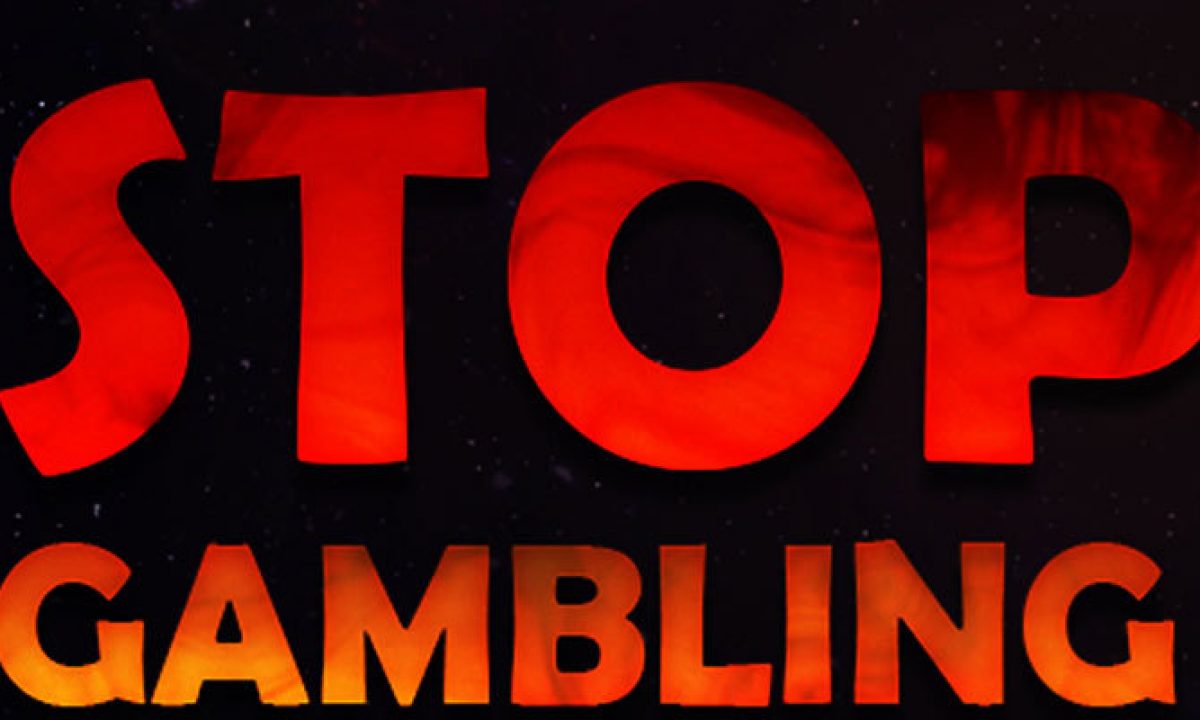President of the Philippines, Ferdinand Marcos Jr has ordered that Philippine Offshore Gaming Operators (POGOs) are to be shut down as more locally-based online casinos have been linked to scams and other criminal activity.
Online casino operators in the Philippines cater chiefly to the Chinese market despite the fact that all forms of gambling are illegal in China. Under the previous administration, these iGaming operators thrived.
However, during his annual address to parliament on Monday, Mr Marcos said that the operators would be shut down this year saying that the businesses were often used as a cover for financial scamming operations and money laundering. He also noted that some had been linked to human trafficking.
“Disguising as legitimate entities, their operations have ventured into illicit areas furthest from gaming such as financial scamming, money laundering, prostitution, human trafficking, kidnapping, brutal torture, even murder.”
POGOs have hit the spotlight in recent weeks following an investigation which revealed that a company operating in small town was in fact a scam center. The mayor of the town, Alice Guo, was also accused of being a spy for China and is now believed to be in hiding.
That same investigation uncovered links between these scam centers operating under POGO licenses and illegal hospitals. The hospitals are alleged to offer plastic surgery procedures to criminals on the run.
Local Support for Ban
Philippines Trade Secretary Alferdo Pascual told local media that the ban would be good for both business and tourism:
“It will make us more attractive to those who are seeking leisure… because Pogo creates a bad impression, resulting in violence”.
George Barcelon, the chairman of the Philippine Chamber of Commerce and Industry, said of the POGO industry:
“It brings in the kind of people we don’t want. It endangers the moral fibre of our nation”.
PAGCOR About Turn
Earlier in June, the Philippine Amusement and Gaming Corporation (PAGCOR) released a statement saying that criminal syndicates were the issue and not legitimate online casinos operators.
PAGCOR Chairman and CEO Alejandro H. Tengco said that these legitimate Internet Gaming Licensees (IGLs) generated more than Php5 billion to PAGCOR’s gross revenues in 2023.
“To us, the real threat are the alien hacking and scam syndicates who operate underground, and they are the ones that our law enforcement agencies are trying to locate and dismantle. And we are cooperating fully with the authorities in this regard.”
He went on to add that banning the casino operators was not necessary:
“We do not need to outlaw POGOs; what we need to do is intensify anti-crime operations against suspected alien hackers, against scammers and cyber-criminals who are usually hiding in highly secured buildings and compounds.
These criminal syndicates are not engaged in offshore gaming at all, and even if they are, they are doing it illegally. So they are the real threat, and we must go after them with everything that we have.”
However, following the president’s address, PAGCOR has announced that it would cancel offshore gaming licenses with the sector shutting down by the end of the year.
POGO Industry Statistics
On July 14th, PAGCOR announced net income for the first half of 2024 reached Php 6.56 billion, up 121.48% from its net income of Php 2.96 billion in the same period last year.
- 400 licensed and unlicensed entities
- 40,000 employees
- Php 166.5 billion ($2.9 billion) in yearly tax revenues
- Php 266 billion ($4.5 billion) in estimated local economic costs each year
The Philippines recently made headlines with the implementation of a ban on online casinos in an effort to combat criminal gang activity. The decision comes after a series of high-profile incidents involving illegal gambling operations and organized crime groups.
Online casinos, also known as offshore gaming operators, have been a booming industry in the Philippines in recent years. These platforms allow players to gamble online from the comfort of their own homes, often with little regulation or oversight. However, this lack of regulation has also made online casinos a breeding ground for criminal activity.
One of the main concerns surrounding online casinos is their potential to be used for money laundering and other illicit activities. Criminal gangs have been known to use online casinos as a way to launder money obtained through illegal means, such as drug trafficking or human trafficking. By banning online casinos, the Philippines hopes to crack down on these criminal activities and protect its citizens from being exploited by organized crime groups.
In addition to money laundering, online casinos have also been linked to other criminal activities such as fraud, identity theft, and cybercrime. By shutting down these platforms, the Philippines aims to create a safer online environment for its citizens and prevent them from falling victim to these types of crimes.
The ban on online casinos is part of a larger effort by the Philippines government to combat organized crime and improve public safety. In recent years, the country has seen a rise in criminal gang activity, particularly in urban areas. By targeting online casinos, the government hopes to disrupt the flow of illegal funds and dismantle criminal networks operating within the country.
While the ban on online casinos may be met with resistance from some players and operators, it is ultimately a necessary step in the fight against organized crime. By shutting down these platforms, the Philippines can send a strong message that criminal activity will not be tolerated in the country and that those who engage in illegal activities will be held accountable.
Overall, the ban on online casinos in the Philippines is a bold move that demonstrates the government’s commitment to combating criminal gang activity and protecting its citizens from harm. It is a step in the right direction towards creating a safer and more secure society for all Filipinos.





